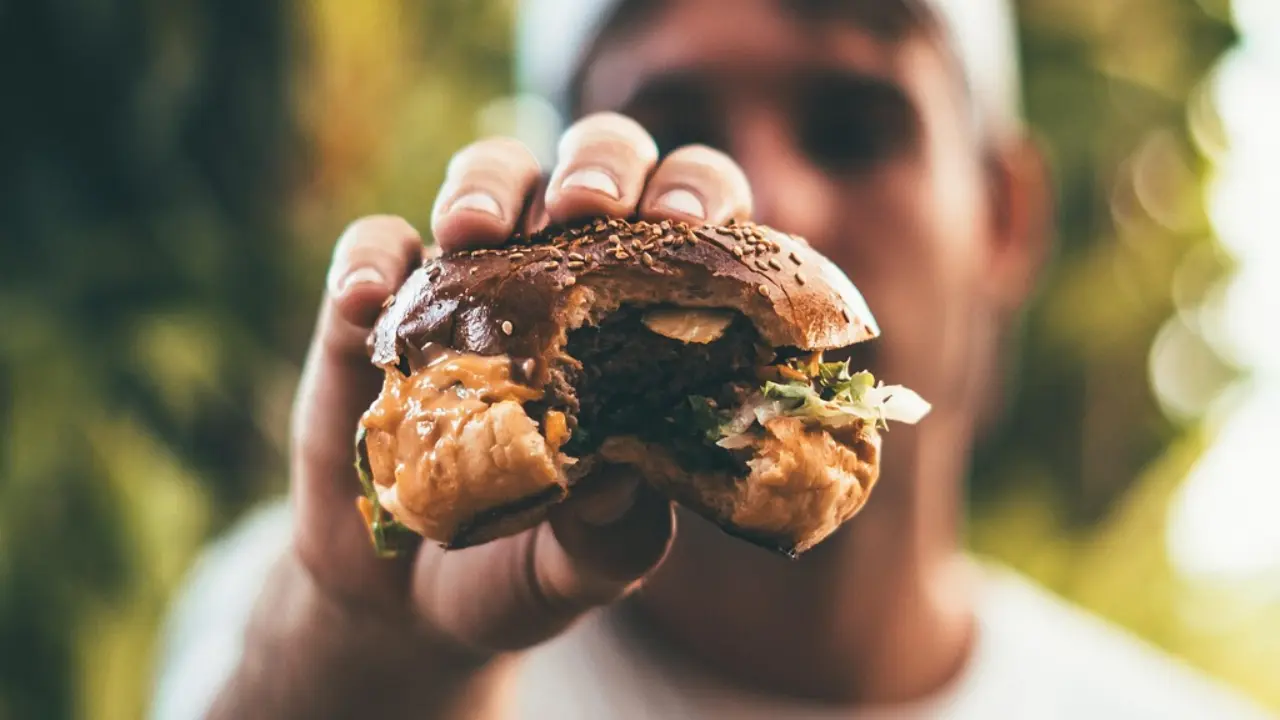Cheeseburgers are extremely mouthwatering and that is what makes them tempt each and every one of us who loves cheese or burgers. While the classic cheeseburger has delicious ingredients that include two buns loaded with a ground beef patty, melted cheese, juicy tomatoes, lettuce, and onions, the vegetarian versions, have also become popular over time. However, Mumbai doctors say you may have to reconsider everything you love about the delicious version of the burger, for the sake of your health.
Interestingly, the glorious burger enjoys many different days to celebrate the creation including International Burger Day May 28, National Burger Day on August 21, and most recently National Cheeseburger Day on September 18. While there are many different types, the latter is easily the most desirable, especially because of all the cheese that is added to the dish.
Are cheeseburgers healthy?
At a time when the focus on health is more than ever before, and ahead of the holiday season, which is usually associated with binge-eating, health experts serve a reminder. Suvarna Sawant, chief dietician and HoD, Clinical Nutrition and Dietetics, Nanavati Max Super Speciality Hospital in Mumbai shares, “Cheeseburgers, at least the way they are served traditionally, are not healthy. They are rich in calories, fats and low in fibre. Especially with the western influenced foods available today, if served with original ingredients such as refined-flour bun, high-fat patty, cheese, and salty sauces, such fast foods will only increase the risk of chronic diseases.”
Fauziya Ansari, who is the dietitcian at Apollo Spectra Hospital in Tardeo, says cheeseburgers are loved by many, especially children but should be enjoyed occasionally. She explains, “Remember that eating them frequently can take a toll on the heart. Cheeseburgers are high in saturated fats, cholesterol, and sodium, which can increase the risk of heart disease and weight gain. So, don’t rely on cheeseburgers or other junk items that can impact the overall well-being.” In fact, she recommends enjoying them every eight to nine months and avoided as much as possible because they are loaded with saturated fats, calories, and sodium.
If you are still not convinced, the city-based dietitian highlights the nutrition content of each cheeseburger. “A cheeseburger contains around 300–600 calories, with 15–30 grams of fat, 20–40 grams of carbohydrates, and 15–30 grams of protein. It is jam-packed with sodium and has a lower number of vitamins and minerals, depending on the toppings used,” she shares.
Easy tips to make cheeseburgers healthy
Avoiding cheeseburgers is literally the best option to stay away from its effects on one’s health, according to both the dieticians, by simply controlling your cravings and choosing healthy options such as fresh fruits. However, if you still want your fix of cheeseburgers, then they suggest using some quick alternatives. Ansari further adds, “There is a common myth that the cheeseburger must be heavily spiced or greasy to suit the Indian palate. However, it is not true at all. Fresh ingredients and moderate seasoning can make them tasty and nutritious.”
So, how can cheeseburgers be made healthier? She says, “Using millet veggie burger, sweet potato burger, paneer, or a chana burger can be a good option. Focus on grilled or baked cooking methods, use whole grain buns, and add a lot of fresh vegetables and healthy fats instead of those calorie-laden sauces and cheese. Use roasted or steamed veggies as the filling. Use lettuce instead of burger buns to wrap your burger and all the fixings.”
Using healthy and indigenous ingredients, especially for children, explains Sawant can help a lot because it can keep the appearance of the burger intact but use local seasonal produce. She suggests, “The buns can be made of whole-wheat or multigrain. Replacing polished or refined cereals with whole grains introduces fibre in the burger. Secondly, the patties need to be healthier by grilling the chicken tikka on tawa with limited oil or for vegetarians, you can make the patties with paneer, tofu, rajma-galouti, chana-masala, or mixed-dal. You can add finely chopped seasonal vegetables like carrot, beetroot, spinach for fibre and micronutrients in them. Use fresh vegetables like onion, tomato, lettuce to be added with the patty. For protein intake, you can add pulses.”Lastly, the city-based dietitian says skip sugary sauces and add chutney and dip made from coriander-mint-lemon, hung-curd dip, or tomato-onion instead.











